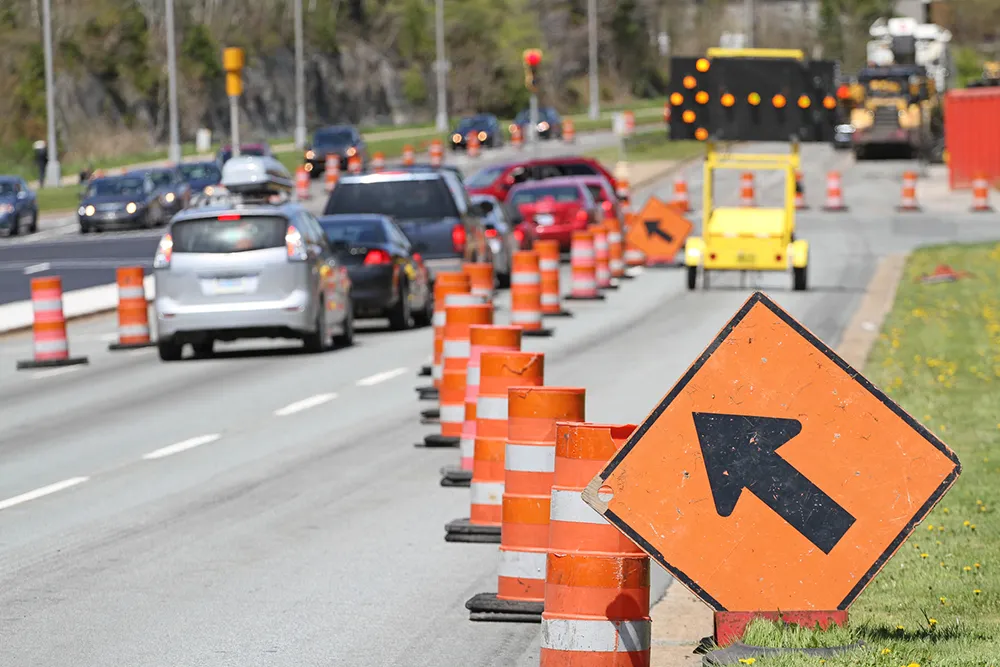A wide-ranging report produced by transport expert Professor David Begg, A 2050 vision for London, looks at the impact that the rise of autonomous transport systems might have on UK cities, and in particular London.
Begg’s report proposes 10mph zones for traffic near schools and in busy areas and suggests that the safety of and efficiency of London's transport network could be improved by the introduction of driverless vehicles.
Speeds for automated buses could be restricted by remote control, while
July 14, 2014
Read time: 2 mins
A wide-ranging report produced by transport expert Professor David Begg, A 2050 vision for London, looks at the impact that the rise of autonomous transport systems might have on UK cities, and in particular London.
Begg’s report proposes 10mph zones for traffic near schools and in busy areas and suggests that the safety of and efficiency of London's transport network could be improved by the introduction of driverless vehicles.
Speeds for automated buses could be restricted by remote control, while sensors on the vehicle would detect hazards including pedestrians, cyclists and motorbikes, helping to cut the number of road accidents.
Begg said: “Automation will be driven by safety. The big prize with automated cars, buses and taxis are the safety benefits. If everyone were to travel at the speed limit, which could be controlled, you could reduce the number of fatalities by 90 per cent by eliminating human error. The first step is sensors on buses, which are being trialled in the city, to engage the breaks automatically if it’s in close proximity to a pedestrian or cyclist. I expect it to become compulsory for lorries and buses and taxis to be fitted with these sensors.”
He added: “In 20 years most vehicles will be equipped with automated technology so you could see the orbital tunnel being AV only which would be safer and increase capacity by as much as four times because you are running bumper to bumper. It would change the economics of these tunnels.”
Begg’s report proposes 10mph zones for traffic near schools and in busy areas and suggests that the safety of and efficiency of London's transport network could be improved by the introduction of driverless vehicles.
Speeds for automated buses could be restricted by remote control, while sensors on the vehicle would detect hazards including pedestrians, cyclists and motorbikes, helping to cut the number of road accidents.
Begg said: “Automation will be driven by safety. The big prize with automated cars, buses and taxis are the safety benefits. If everyone were to travel at the speed limit, which could be controlled, you could reduce the number of fatalities by 90 per cent by eliminating human error. The first step is sensors on buses, which are being trialled in the city, to engage the breaks automatically if it’s in close proximity to a pedestrian or cyclist. I expect it to become compulsory for lorries and buses and taxis to be fitted with these sensors.”
He added: “In 20 years most vehicles will be equipped with automated technology so you could see the orbital tunnel being AV only which would be safer and increase capacity by as much as four times because you are running bumper to bumper. It would change the economics of these tunnels.”










